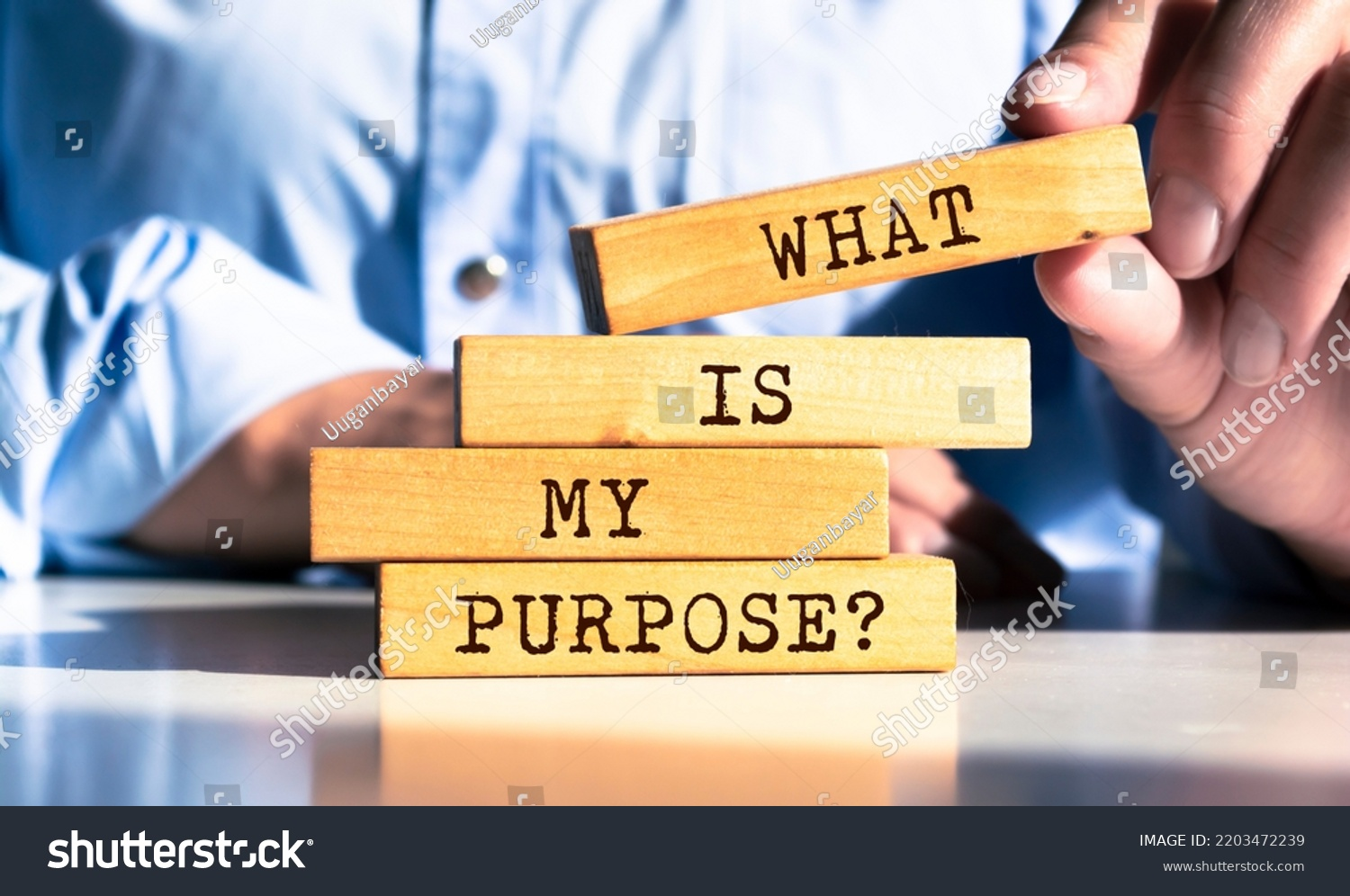A philosophy professor writes in the Diagnosis of the Times column of the Catholic Peace Weekly about our need for a philosophy of life and spirituality.
Science, technology, and capitalism, which characterize modern society, are systems formed on empirically verifiable objects. This philosophical point of view, commonly called naturalism, argues that only perceptible objects, or matter, exist. In such a philosophy and science, which explains material reality, we see all objective knowledge. By applying this through technological engineering, we enjoy the convenience of life never seen before.
Think about the numerous technological and engineering achievements we encounter every day. The columnist is amazed by its sophistication and convenience. This philosophy is also the foundation for making capitalism possible politically and economically. The economic success of capitalism has brought tremendous abundance to our lives. These successes eventually made social and political systems work following capitalist logic and even included people's perceptions of the world and values within that logic.
This system and its success have enabled society to be democratic and liberal, giving us material abundance and comfort. However, as the philosophical perspective underlying the system was limited to naturalistic arguments, society for the most part has lost its understanding and interest in areas beyond natural facts. The more successful capitalism and technology are implemented, the deeper the indifference and lack of understanding of the existential and spiritual realm. As a result, life has also come to be understood only as a natural reality. The many areas that can't be reduced to natural reality are just passed over and the phenomenon considered understood has become widespread.Humans have too much nostalgia for a better world to endure the emptiness and alienation that this era brings. In short, human beings are transcendent beings who seek meaning and long for the world beyond what we see. And that's where the crisis of modern society lies. Because of this naturalist philosophy and materialistic culture, the notion of the common good, community, empathizing with others, and living with them, is ignored in society. The phenomenon that best illustrates what is happening is the thirst for spirituality that exists in modern society— secular psychological knowledge, psychological counseling, the New Age interest and pseudo-religions.






